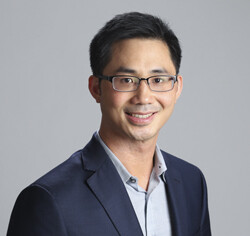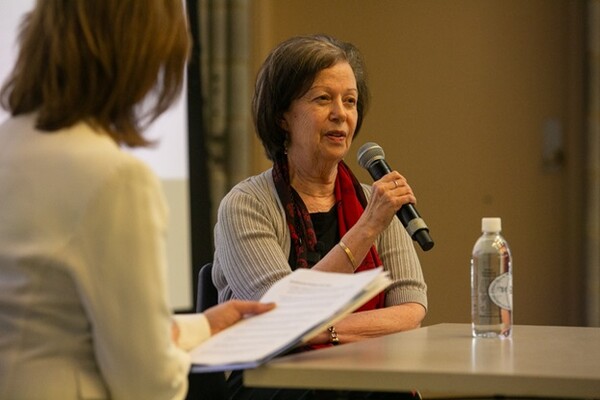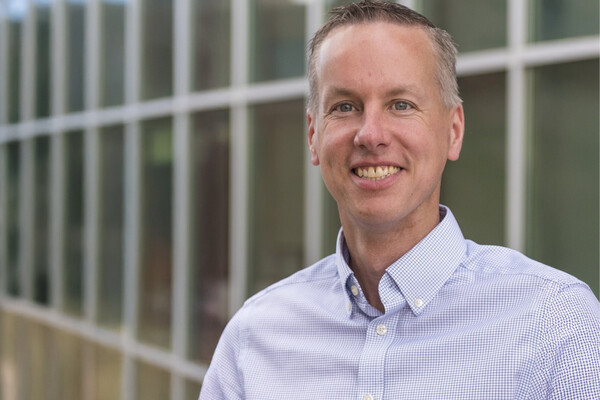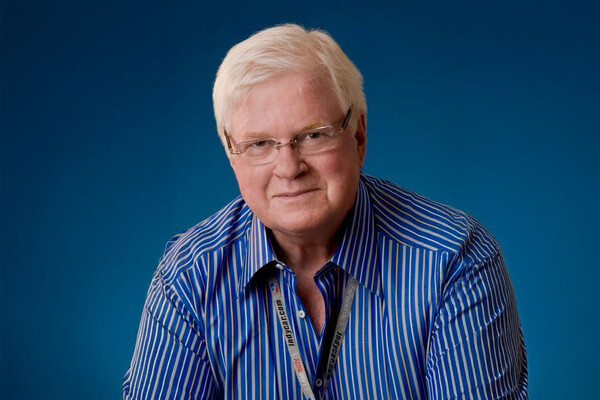Main Second Level Navigation
Breadcrumbs
- Home
- News & Events
- Recent News
- Making Research More Transparent Globally: An-Wen Chan, PGME’08 (Dermatology)
Making Research More Transparent Globally: An-Wen Chan, PGME’08 (Dermatology)

Dr. An-Wen Chan, PGME’08 (Dermatology) is also one of only five surgeons in Ontario trained in Mohs surgery – a microscopically controlled procedure for treating skin cancer on the face. He is a clinical epidemiologist with recognized expertise in clinical trial quality, biases, and methods. He has published extensively in leading medical journals, and chairs the international SPIRIT (Standard Protocol Items: Recommendations for Interventional Trials) initiative to improve the quality of clinical trial protocols. Organizations and medical journals from around the world have endorsed the SPIRIT guidelines as part of their clinical trial policies. Dr. Chan has also served as a Special Advisor to the Clinical Trials Unit of the Canadian Institutes of Health Research. He helped coordinate the World Health Organization's International Clinical Trials Registry Platform in Geneva and continues to serve on its advisory board.
In addition, Dr. Chan has clinical and research interests in the skin problems of solid organ transplant patients. He directs a specialized transplant dermatology clinic dedicated to skin cancer, infections, and other skin conditions in this immunosuppressed patient population. Dr. Chan also studies the epidemiology and innovative treatment of high-risk skin cancers to help reduce their incidence and impact in transplant patients.
I think that everyone has a role to play – academics, policy makers, and those in the private sector – to ensure that all research is made publically available to guide patient care.
Why did you choose to do your residency at U of T’s Faculty of Medicine?
Two key factors for my choice were the learning and research opportunities available here. It’s very clear that the Faculty of Medicine at U of T is world renowned. Part of that is because we have such phenomenal teachers, researchers, and mentors. They are experts in the field, and are enthusiastic about imparting their knowledge and experience. It’s an ideal environment for learning and gaining experience in cutting-edge research.
In addition to the outstanding faculty, the patient community is unrivalled. We have representation from diverse cultures, and a large population from which to draw. Because of that, we are exposed to the rarest and most challenging cases, as well as common day-to-day conditions. Over my five year residency training, I was able to witness first-hand the vast majority of health issues that exist in my field.
What are you doing now?
In addition to a Mohs surgery practice where I treat patients with high-risk skin cancer, a major part of my work involves promoting transparency in health research. We know that about half of research isn’t published. For example, sometimes research results are not felt to be favourable, interesting or compelling, and as a consequence, they are not written up formally. But negative results are just as important as the positive results that save lives. I think that everyone has a role to play – academics, policy makers, and those in the private sector – to ensure that all research is made publically available to guide patient care.
My second area of research is evaluating the risk factors, prevention, and treatment of skin cancer in high-risk populations, such as immunosuppressed organ transplant recipients. Because of resources available through the Institute of Clinical Evaluative Sciences (ICES), affiliated with U of T, we are able to use anonymized health data from millions of patients living in Ontario to answer questions such as: which patients are most likely to develop skin cancer? How often are high-risk patients being screened? What is the impact of skin cancer on health outcomes? Knowing the answers to these questions will help us identify whom to target for more robust preventative measures.
How has your career path been defined or influenced by your residency at the Faculty of Medicine?
The research opportunities available to me during residency were instrumental in launching my career in academic medicine. Through my work in promoting research transparency, I was recruited to WHO in the middle of my residency. My program and U of T were flexible in accommodating a six-month leave so that I could take on this fantastic leadership opportunity. The experience was not only a huge benefit to my career, but our work at WHO is also having downstream impact in improving patient care.
How has your work affected others?
Major components of my research so far have been implemented into policy – in terms of mechanisms to improve the transparency of health research. We published a 2014 series in the Lancet on the need to increase value and reduce waste in health research, at a broad level. We envisage that our recommendations will be used by funding agencies, research groups and policy makers to help improve the research infrastructure globally. This work will ultimately be very positive for patients who will benefit from the results of health research.
What words of wisdom would you like to share with current and future students and learners of the Faculty of Medicine?
Whether you are a student at the undergraduate or postgraduate level, my main advice would be to take advantage of all of the opportunities that are available here, whether it’s identifying mentors, teachers, or research opportunities. It’s thanks to my mentors and research experiences that I pursued a career in academic medicine.
If you encounter a faculty member or clinician who is inspiring, be proactive and reach out to them to learn about what they do to find out of there are any opportunities for you to assist with research or observe in clinic. You never know what you might be able to learn or what path they may inspire you to take.
News


